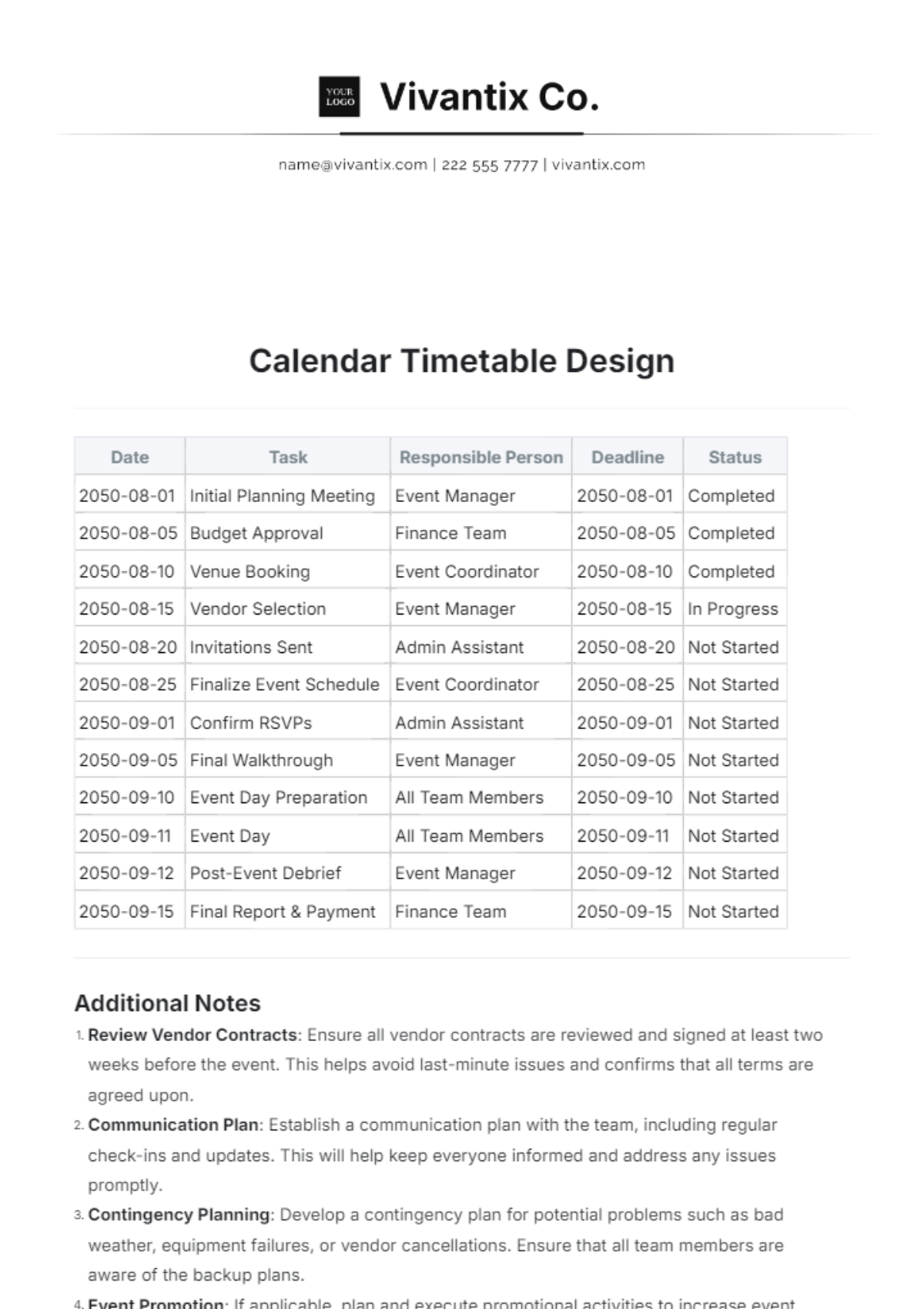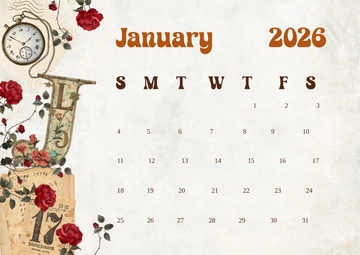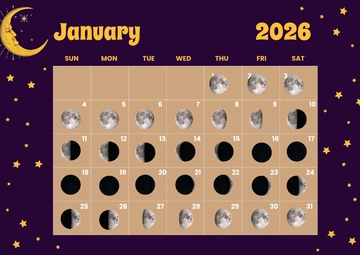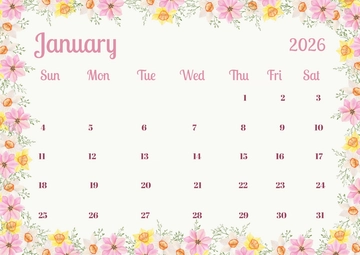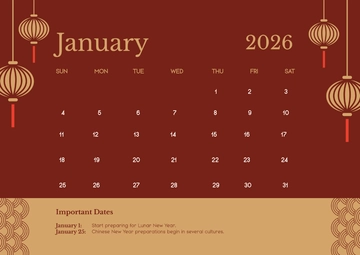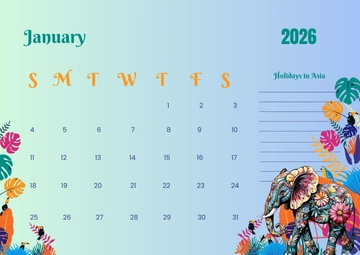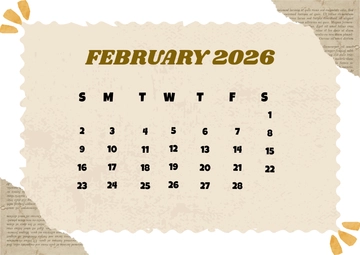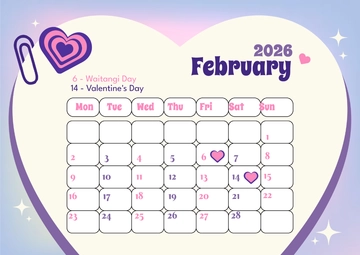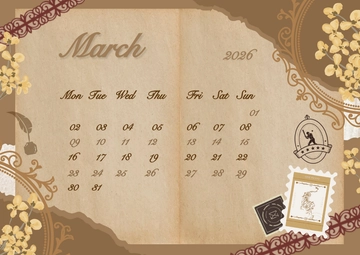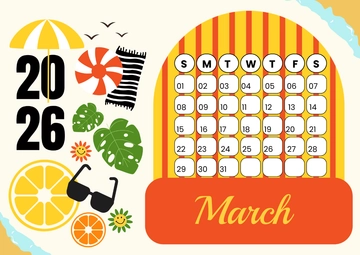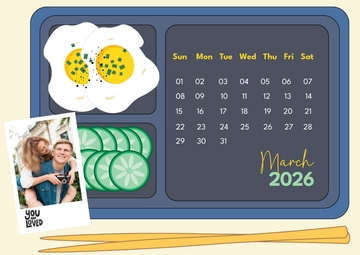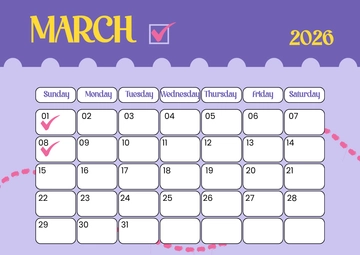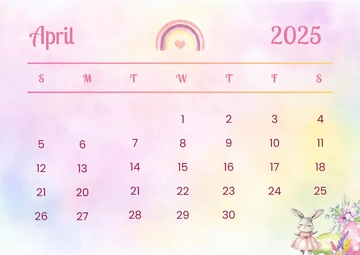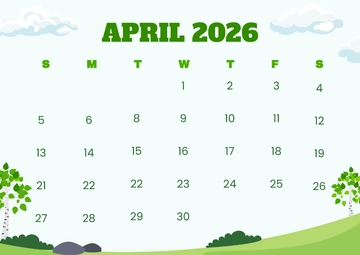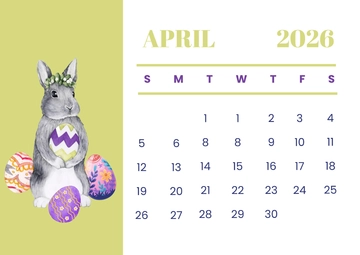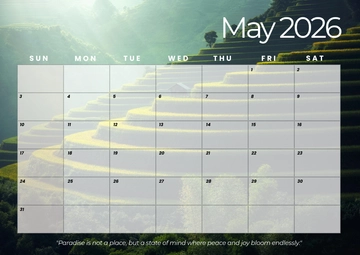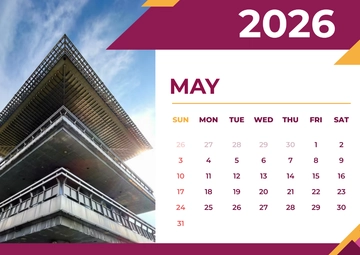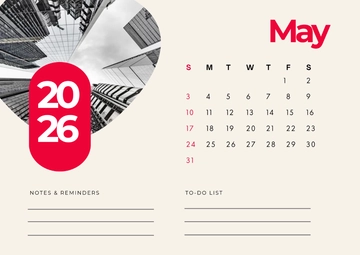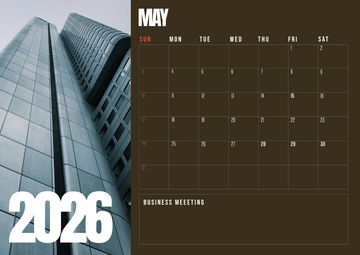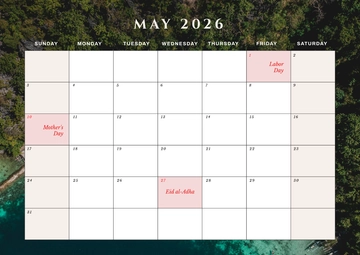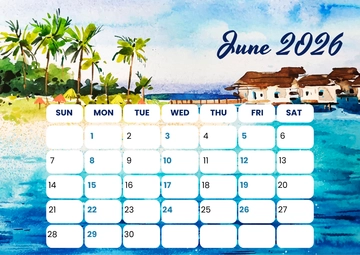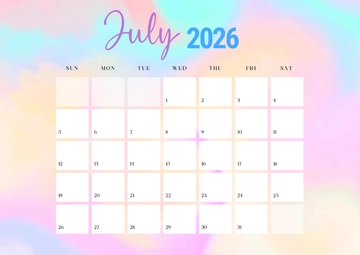Calendar Timetable Design
Date | Task | Responsible Person | Deadline | Status |
|---|
2050-08-01 | Initial Planning Meeting | Event Manager | 2050-08-01 | Completed |
2050-08-05 | Budget Approval | Finance Team | 2050-08-05 | Completed |
2050-08-10 | Venue Booking | Event Coordinator | 2050-08-10 | Completed |
2050-08-15 | Vendor Selection | Event Manager | 2050-08-15 | In Progress |
2050-08-20 | Invitations Sent | Admin Assistant | 2050-08-20 | Not Started |
2050-08-25 | Finalize Event Schedule | Event Coordinator | 2050-08-25 | Not Started |
2050-09-01 | Confirm RSVPs | Admin Assistant | 2050-09-01 | Not Started |
2050-09-05 | Final Walkthrough | Event Manager | 2050-09-05 | Not Started |
2050-09-10 | Event Day Preparation | All Team Members | 2050-09-10 | Not Started |
2050-09-11 | Event Day | All Team Members | 2050-09-11 | Not Started |
2050-09-12 | Post-Event Debrief | Event Manager | 2050-09-12 | Not Started |
2050-09-15 | Final Report & Payment | Finance Team | 2050-09-15 | Not Started |
Additional Notes
Review Vendor Contracts: Ensure all vendor contracts are reviewed and signed at least two weeks before the event. This helps avoid last-minute issues and confirms that all terms are agreed upon.
Communication Plan: Establish a communication plan with the team, including regular check-ins and updates. This will help keep everyone informed and address any issues promptly.
Contingency Planning: Develop a contingency plan for potential problems such as bad weather, equipment failures, or vendor cancellations. Ensure that all team members are aware of the backup plans.
Event Promotion: If applicable, plan and execute promotional activities to increase event visibility. This might include social media campaigns, press releases, or community outreach.
Post-Event Feedback: Gather feedback from attendees, vendors, and team members after the event. This will provide valuable insights for improving future events and address any issues that arose.
Timetable Templates @ Template.net
